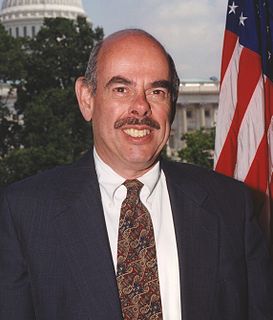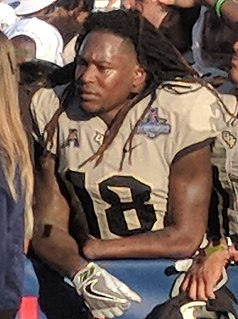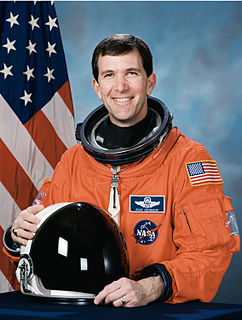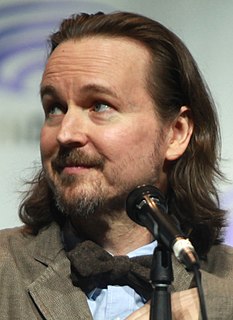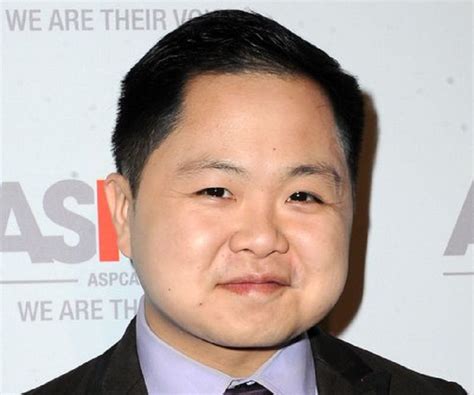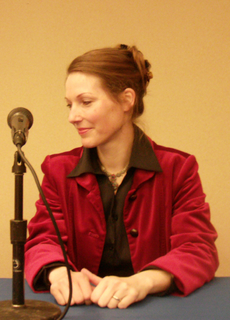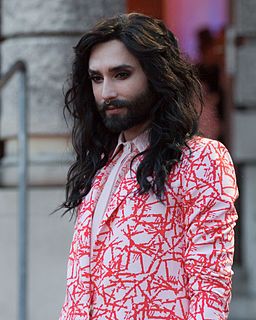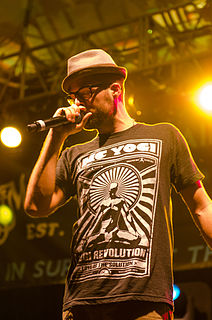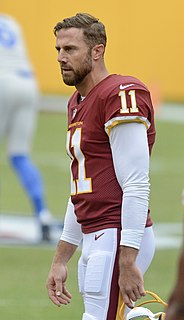A Quote by Heidi Julavits
A logic proof is: you get a starting point and an ending point, and you have to get there through all these different steps and tautologies. I approach novel writing that way. When I get to the end I have to go back and connect everything.
Related Quotes
Writing is like everything else: the more you do it the better you get. Don't try to perfect as you go along, just get to the end of the damn thing. Accept imperfections. Get it finished and then you can go back. If you try to polish every sentence there's a chance you'll never get past the first chapter.
We're seeing the reality of a lot of the North Pole starting to evaporate, and we could get to a tipping point. Because if it evaporates to a certain point - they have lanes now where ships can go that couldn't ever sail through before. And if it gets to a point where it evaporates too much, there's a lot of tundra that's being held down by that ice cap.
I try to be the best husband and father I possibly can. And it doesn't mean I get to spend as much time with my family as I'd like, but I do the best I can. Even if you do get to be an astronaut and get to go and do a lot of interesting things, at some point that will come to an end. If in the process you short change your family or compromise your values along the way, when you get through on the other side, it won't really be worth it. At least not to me.
I don't want to name names because they'd be mad at me if I did, but people who are significant novelists can't get published by real publishers at this point, or have to go through two years of trying after writing a novel that's taken them five or six years and simply can't get the thing in print. Or it gets in print and it doesn't get reviewed in the New York Times Book Review and disappears without a trace. I mean, it's terrifying. I don't know how anybody can stand it. It's such an enormous amount of work and the economics of it are really quite brutal.
What I thought was so great about Rise [of the Planet of the Apes ] was that it wasn't a retelling; it was an entering of the universe at a different point. So it's Planet of the Apes. We already know the ending. There's no mystery in that! It becomes Planet of the Apes. So it's not about what is at the end; it's about how did we get there? And that enabled something that was totally fresh, which was an ape-point-of-view movie.



